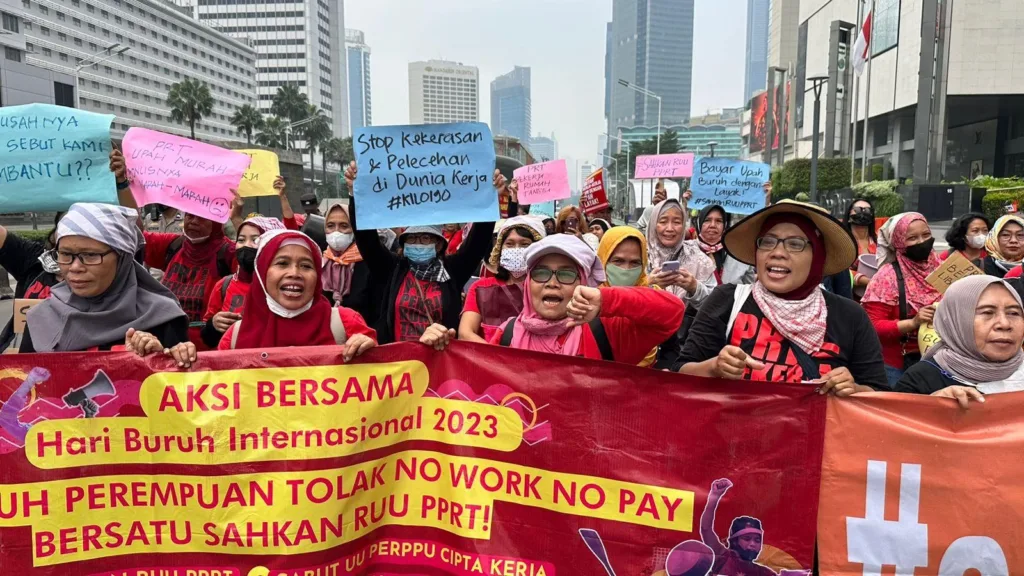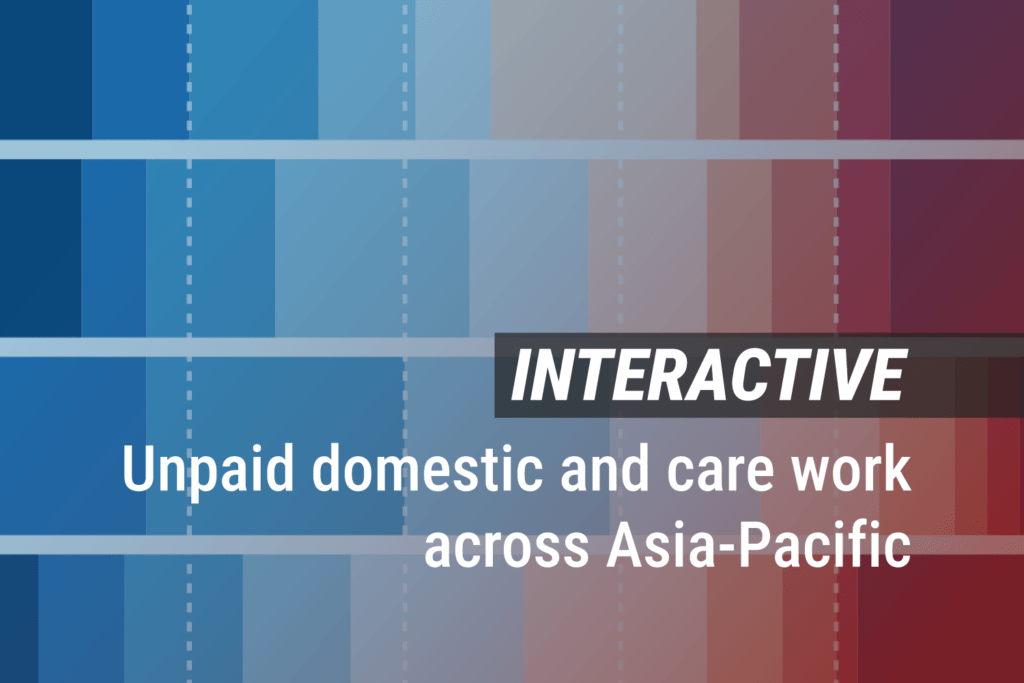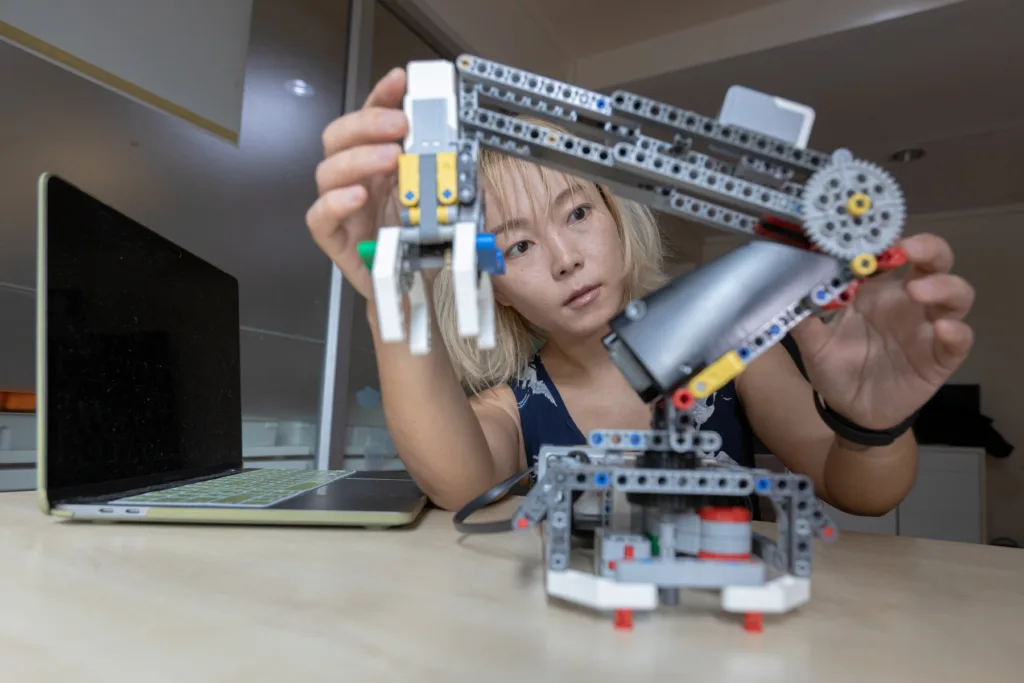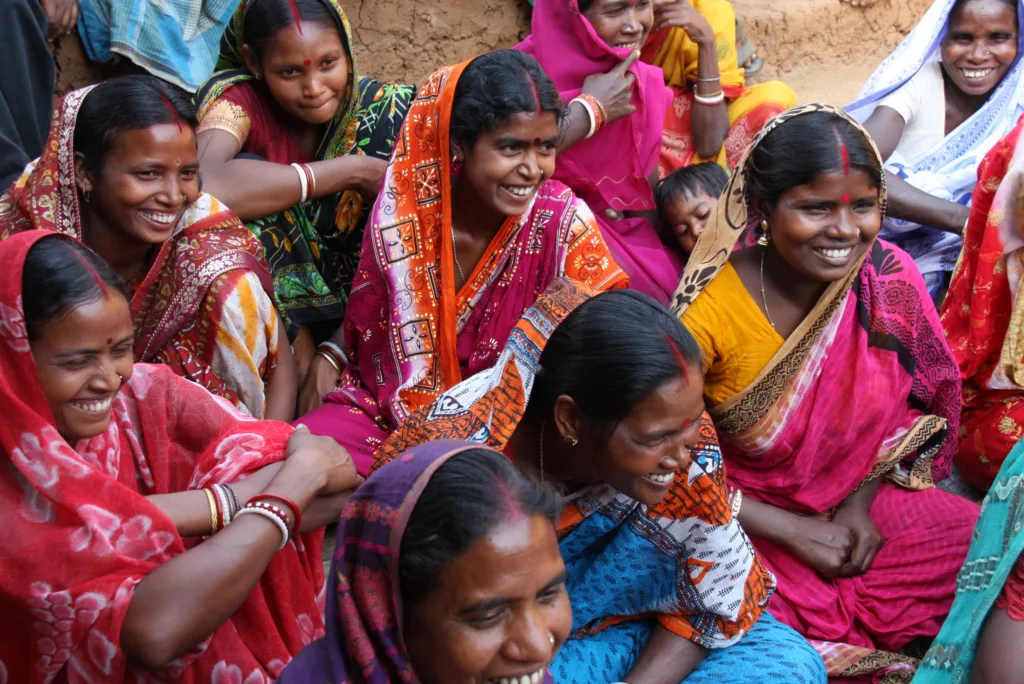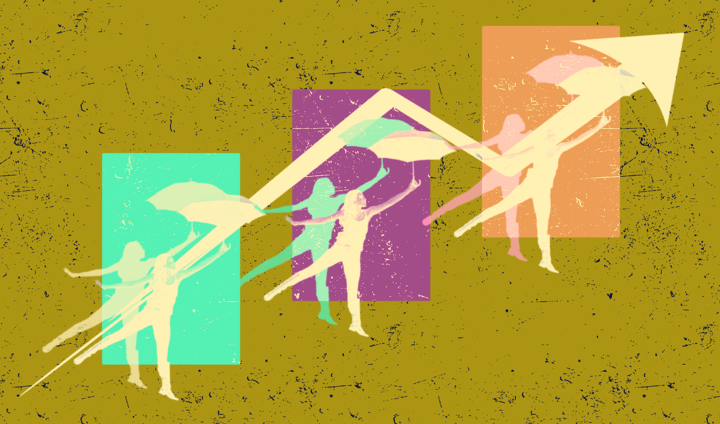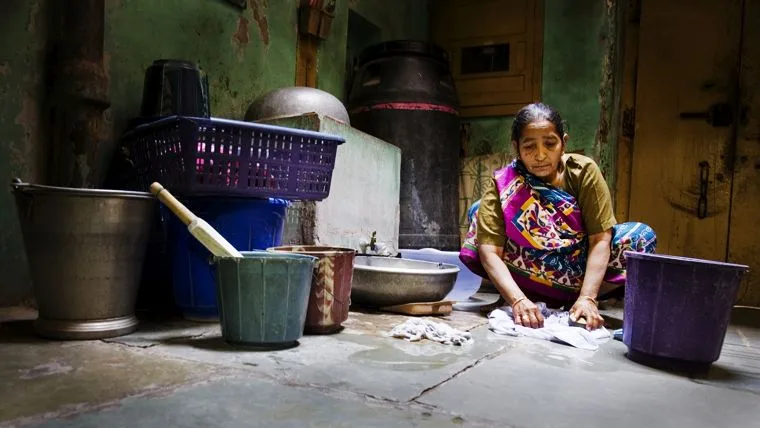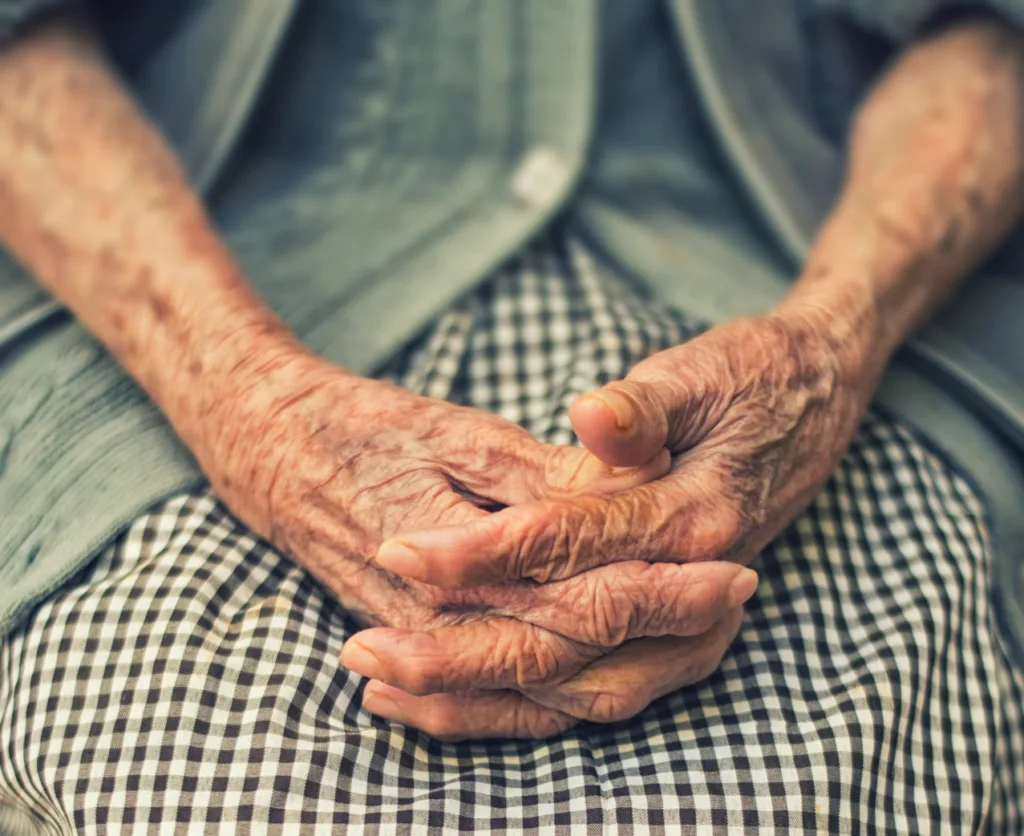Restoring dignity in women’s labour can give older women the care and respect they deserve in late life.
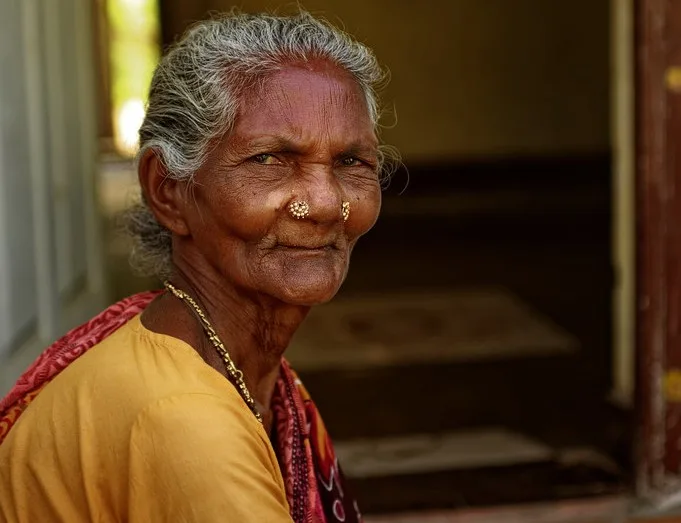 Age compounds the hardships of many older women in a society marked by gender inequality. : Nithi Anand CC BY 2.0
Age compounds the hardships of many older women in a society marked by gender inequality. : Nithi Anand CC BY 2.0
Restoring dignity in women’s labour can give older women the care and respect they deserve in late life.
Amrit Kaur was in her 80s when she arrived in Delhi from Punjab with her son to visit a relative. Her son abandoned her at the railway station. After a few months, she was moved to a homeless shelter by police.
The staff at the shelter said initially she was in shock and incoherent. When interviewed by this researcher, not once did she blame her son for anything. She just repeated: “I was destined to be here.”
In another case, a man confessed to throwing his 64-year-old mother off the terrace of their home as she was ill and a burden. His mother later died.
Such abandonment and disregard for older women is all too common in a country like India where filial piety is upheld as a virtue.
Age compounds the hardships of many older women in a society marked by gender inequality.
Older women face additional challenges of financial insecurity, destitution and health challenges related to ageing.
In a neoliberal society, people are valued for their economic contribution. A similar logic operates in many Indian families.
If an older family member is not earning an income, they are deemed to be dependents and a ‘burden’. Patriarchal cultural norms relegate women to domestic duties. Many women remain unemployed throughout their lives, and a majority do not own assets. This creates economic hardships in late life.
According to a 2015 study, older women have a diminished status in the family because they do not earn even though they contribute to their children’s families by being caregivers for grandchildren.
However, care work in the family remains highly devalued. Along with this, the ‘feminisation of ageing‘ as evidenced by the increased life expectancy of women (compared to men) implies that older women will continue to be dependent on others for prolonged periods.
Being dependent on kin can exacerbate vulnerabilities. My research shows that older women could be easy targets of coercion and manipulation.
In the case of propertied older women, many experience abuse after transferring property to their adult children.
However, many women in the country do not own property despite there being laws which grant property rights to women. Such women are sometimes driven to destitution, and many are abandoned by family members.
Older women can claim maintenance from family members under existing legal provisions in India. Section 19 of the Hindu Adoptions and Maintenance Act, 1956 allows a widow (who does not remarry) to claim maintenance from the legal heirs of the deceased who share the property of the deceased. Widows can also claim maintenance under Section 125 of the Code of Criminal Procedure from their children, unconditionally.
The Maintenance and Welfare of Parents and Senior Citizens Act, 2007, or MW Act, was formulated especially for senior citizens’ welfare. Section 4 obligates sons, daughters, grandchildren who are not minors and any legal heir of her property to provide maintenance. This law defines maintenance as food, clothing, shelter and medical treatment.
Legal safeguards against abandonment, usurpation of property and abuse exist in the MW Act and the Protection of Women from Domestic Violence Act, 2005. The existing laws, however, do not particularly address the discrimination faced by some older women such as childless, unmarried or trans women.
The Protection of Rights of Widows and Single Women and Abolishment of Widowhood Practices Bill was introduced in 2022 but nothing came of it. Destigmatising widowhood and singlehood and restoring dignity to those belonging to sexual minorities is crucial for empowering older women.
While laws undoubtedly safeguard the rights of older women, it is impractical to conjure a law for every situation of harm done to older women; rather there is a need to proactively implement existing laws. As political theorist Wendy Brown argues, ‘…rights…serve as a mitigation — but not a resolution — of subordinating powers.’
Patriarchal ideas that prevent women from pursuing a life of one’s own choice must be questioned.
Many women remain engaged in care work throughout their lives. A woman at a charitable care home in Kolkata said ‘she found herself’ after relocating to the care home after her spouse’s death. She was relieved of the care work and now she was ‘free.’
Care work must be accorded due importance in the political discourse. Restoring dignity in women’s labour and building a supportive environment for women to perform their caring duties often determines their wellbeing in late life. Many women combat loneliness. More recreation facilities in the neighbourhood can be made available. Age-appropriate occupations can be considered for women to enhance financial security.
Ensuring safety, access to helplines and counselling support, access to inexpensive medical care, palliative care, dementia care, affordable permanent housing, and financial security through pension schemes are areas where attention needs to be given.
A common concern of many older women living in cities, as per my research, has been sourcing essentials and recruiting reliable care workers for themselves. Crimes against older women in cities such as murder, robbery and assault are often reported especially in metropolitan cities like Mumbai, Delhi and Kolkata.
Some of the older women interviewed mentioned how they would prefer shifting to institutional care rather than relying on paid domestic workers and ayahs. This also highlights the need to have more care homes in the country.
The state, community, as well as regulated market intervention in the above domains, is key to providing a conducive environment for older women.
‘Older women’ is not a homogenous category. Therefore, identifying unique needs based on their context is also crucial to meet the goals of the UN Decade of Healthy Ageing (2021-2030).
Dr. Deblina Dey is Associate Professor of Sociology & Assistant Director of the Centre for Law & Humanities at the Law School, O.P. Jindal Global University. She is pursuing her postdoctoral research on care interventions for older people in urban India.
Originally published under Creative Commons by 360info™.



